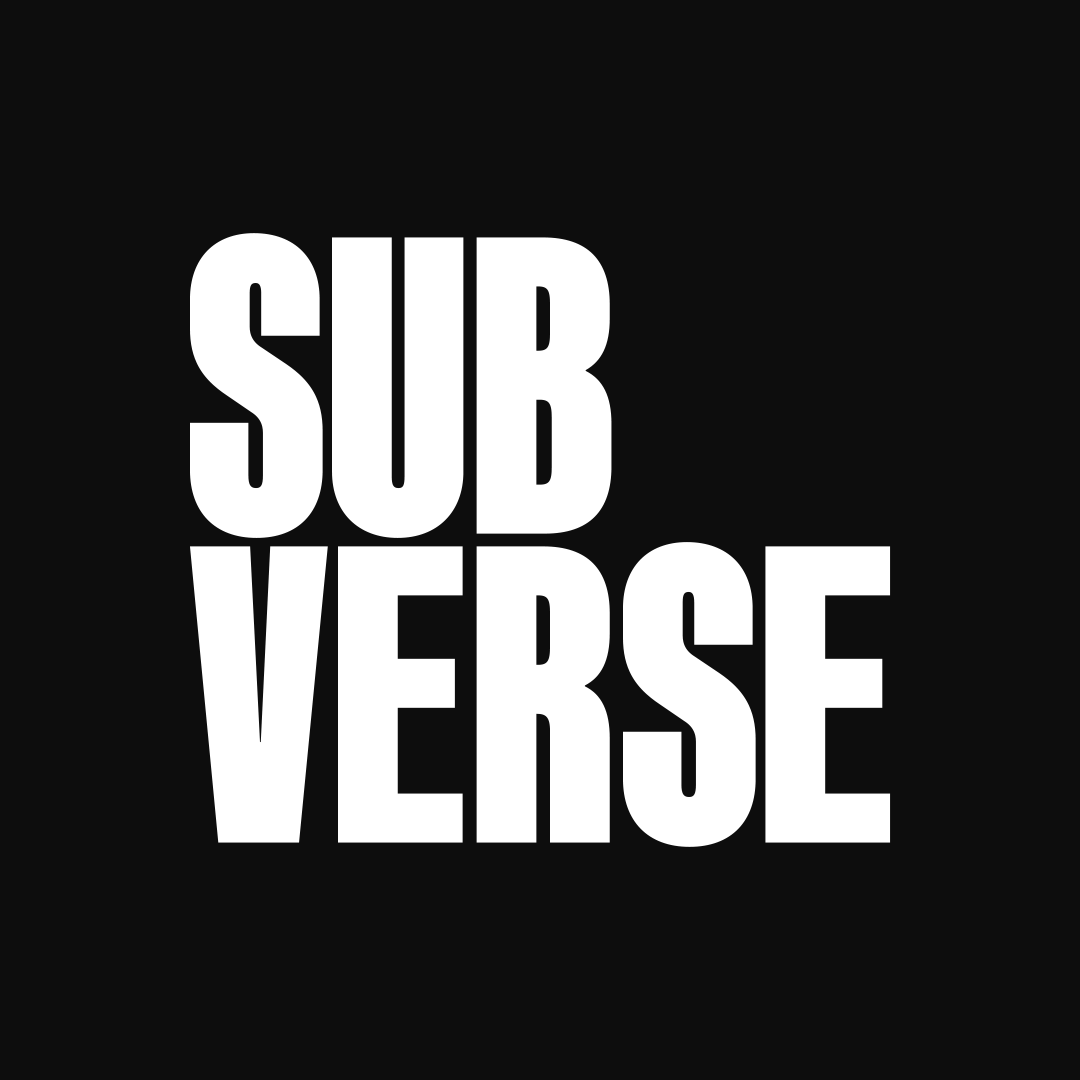You might be tempted to think this recommendation has little to do with branding or communication strategy. But I’d ask you to suspend your disbelief for just a moment. At its core, this is a reflection on identity—and there are powerful lessons here for anyone asking the question “Who are we?”—whether you’re a person, an organization, or a movement.
In 1969, Ursula K. Le Guin introduced readers to an imaginative world where fixed genders did not bind societal norms. “The Left Hand of Darkness,” a cornerstone of speculative fiction, extends an invitation to ponder a society devoid of binary gender constructs. This review dives into the profound themes of gender and societal structure within the novel, offering insights and reflections on its continued relevance and impact.
A World of Ice and Ambisexuality
Imagine a planet where winter reigns, and the inhabitants embody a fluid notion of gender. On Gethen, also known as Winter, Genly Ai steps into a world strikingly alien yet inherently familiar. His mission: to foster Gethen’s inclusion in a collective interplanetary community. As Ai navigates this cold world, he encounters the Gethenians, beings who embody both male and female natures, challenging his preconceived notions of gender identity.
Gethen’s harsh climate uniquely shapes its societal structures and norms. As Ai engages with the political intricacies of the planet, he discovers that gender fluidity is entwined with Gethenian life, presenting both a cultural novelty and a scientific hypothesis. The societal norms he encounters redefine traditional gender roles, urging readers to reflect on the diverse spectrums of identity within our own world.
Gender and Identity: Beyond the Binary
Le Guin’s thoughtful exploration of gender in “The Left Hand of Darkness” presents ambisexuality as a mirror reflecting our societal norms. The Gethenians’ androgyny challenges Ai’s— and by extension, the reader’s— perceptions of gender. Through their existence, Le Guin deftly comments on the fluidity and construction of gender, urging a reevaluation of the binary norms entrenched in human society.
In describing ambisexual beings, Le Guin leverages science fiction as a powerful descriptive tool. Her narrative fosters dialogue about gender roles and identity, raising questions that are even more pertinent today amidst ongoing discussions about gender fluidity and expression. Through this, Le Guin doesn’t prescribe solutions but rather opens the floor for introspection and discourse.
Cultural and Political Fabric: More Than Just Scenery
Beneath the surface of gender discourse, Gethen’s political landscape adds a layer of complexity and richness to the narrative. The planet is home to varied nations such as Karhide and Orgoreyn, each with distinct governance structures. Genly Ai navigates these territories, experiencing firsthand the nuanced customs like “shifgrethor,” which encompasses honor and social prestige—an axis around which Gethenian interactions pivot.
These political dichotomies—monarchic Karhide versus the communist Orgoreyn—mirror our real-world ideological battles, adding an allegorical depth to Ai’s mission. Le Guin masterfully interweaves political tension with personal and cultural exploration, illustrating how societal constructs influence identity and vice versa. Ai’s diplomatic endeavors and personal relationships are strained and shaped by these dynamics, providing a commentary on universal human struggles.
Bridging Dense Narratives: Engaging the Reader
Despite its profound themes, Le Guin’s narrative style in “The Left Hand of Darkness” may pose challenges for some readers. Her writing is dense and layered, occasionally fostering a sense of detachment. Immersed in the intricate world of Gethen, readers might find certain sections slow-paced, impacting engagement.
However, these potential obstacles also serve as gateways to richer experiences. Engaging with Le Guin’s intricate prose requires patience and reflection. Readers are encouraged to navigate these complexities with an open mind, appreciating the novel’s thematic depth. By luxuriating in the narrative’s pace and allowing Le Guin’s world to unfold gradually, the novel transforms into a rewarding journey brimming with insights into the fabric of identity and society.
Reflecting on Le Guin’s Insightful Universe
As you delve into “The Left Hand of Darkness,” consider the societal norms you encounter and the assumptions you might hold. Le Guin’s novel, with its exploration of gender and identity, encourages an introspective journey into the constructs that guide our world. Through Gethen, readers gain not only a glimpse into a possible future but also a mirror reflecting the intricacies of our society.
In the ever-evolving dialogue on gender and identity, Le Guin’s work remains a beacon, prompting reflection and conversation. Whether you are a seasoned sci-fi enthusiast, a gender studies scholar, or someone exploring LGBTQ+ themes, “The Left Hand of Darkness” is a compelling read that challenges and expands your understanding of identity in all its forms.

